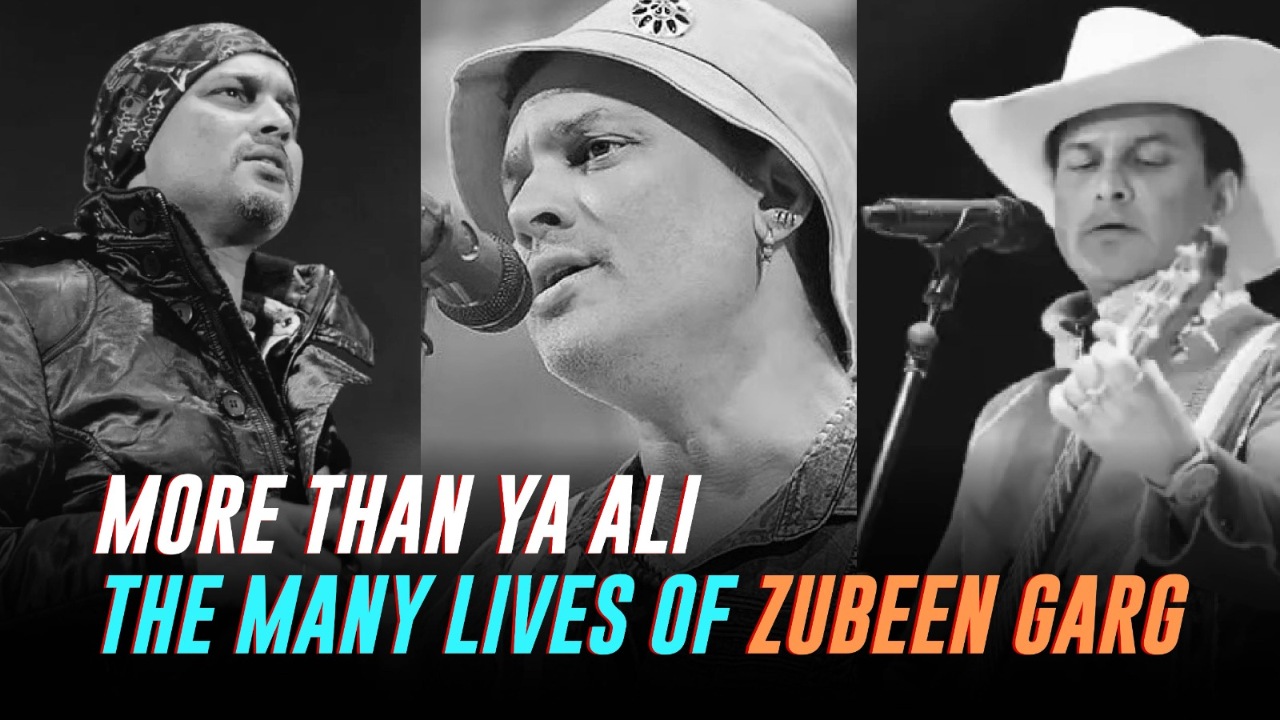Zubeen Garg was never just the man behind Ya Ali. That song gave him a kind of immortality—the other note transited decades, genres, languages, and lives. The art of orchestration could never fit into one single stage. It flew off to the folk fields of Assam and landed in Mumbai’s mainstream corridors. Zubeen was a universe for those who really listened to him: there were moments when he was impossible to pin down, ever-moving.
His story was never told linearly. The industry did not shape him; he rose instead from the soil of his homeland, from its rhythms, its sorrow, and its fire. Assam was his compass.
Every note he sang had something unmistakably local: something intimate. Even after big national fame welcomed him, that connectedness never left him. That is why his music limped in the commercial line but strayed outside of it to the listener’s heart.
Zubeen was a rare kind of artist—the kind who refused to be typecast. He played over a dozen instruments. He sang in over forty languages. He acted. He directed. He wrote. His ambition was not to be famous but to be free. That refusal to be confined made his path unpredictable, even inconvenient to the industry. But it also made him unforgettable.

Many remember Ya Ali as a breakthrough. But to Zubeen, it was just another experiment—another voice he tried on, fit perfectly into, and moved beyond. The hit didn’t change him; he refused to orbit around it. Instead, he went back to doing what he had always done: creating prolifically, obsessively, on his own terms.
There was rage in him too. He spoke out. Sometimes recklessly. Sometimes bravely. Always unfiltered. He bore the weight of being misunderstood. But his courage was his art. He risked alienation rather than compromise.

And then, the silence. A sudden end, far from home. Not in a studio or on a stage, but in the water—his breath gone, his song unfinished.
Zubeen Garg’s legacy doesn’t lie in one famous chorus. It lives in his contradictions. In his refusal to settle. In the sheer breadth of his sound. He was not a product of playback singing. He was not a regional token. He was a movement in constant flux.
The music world will remember Ya Ali. Assam will remember everything else.
And those of us in between—we’ll remember the man who made never fitting in look like a kind of freedom.

